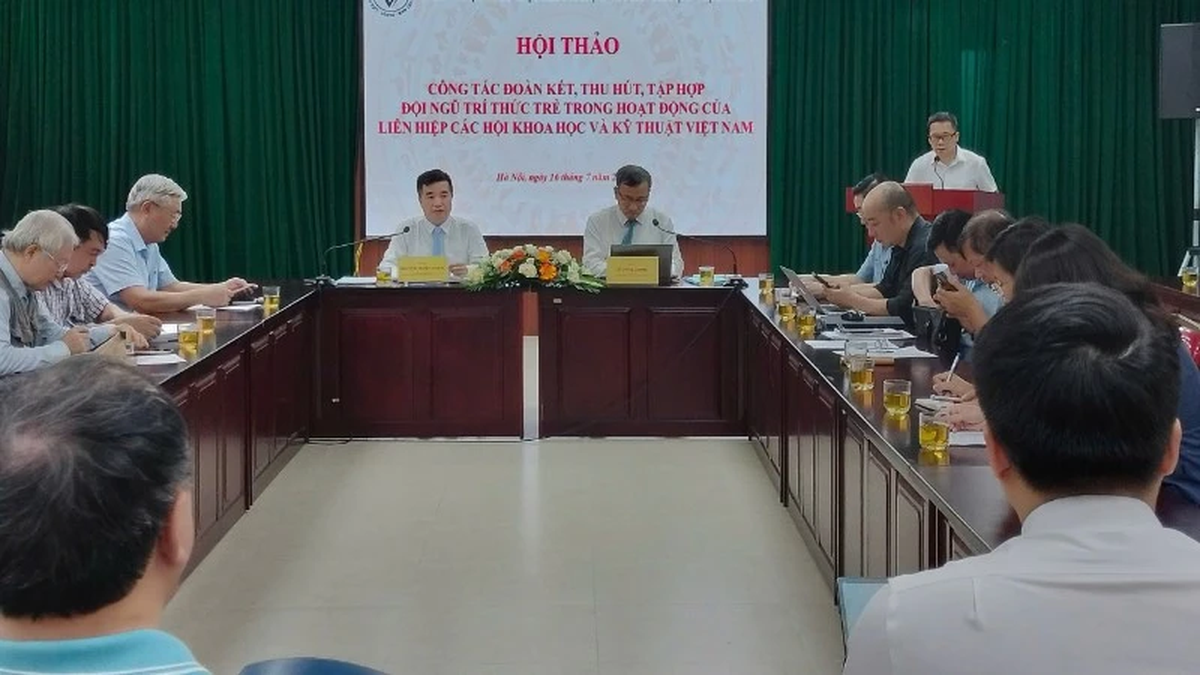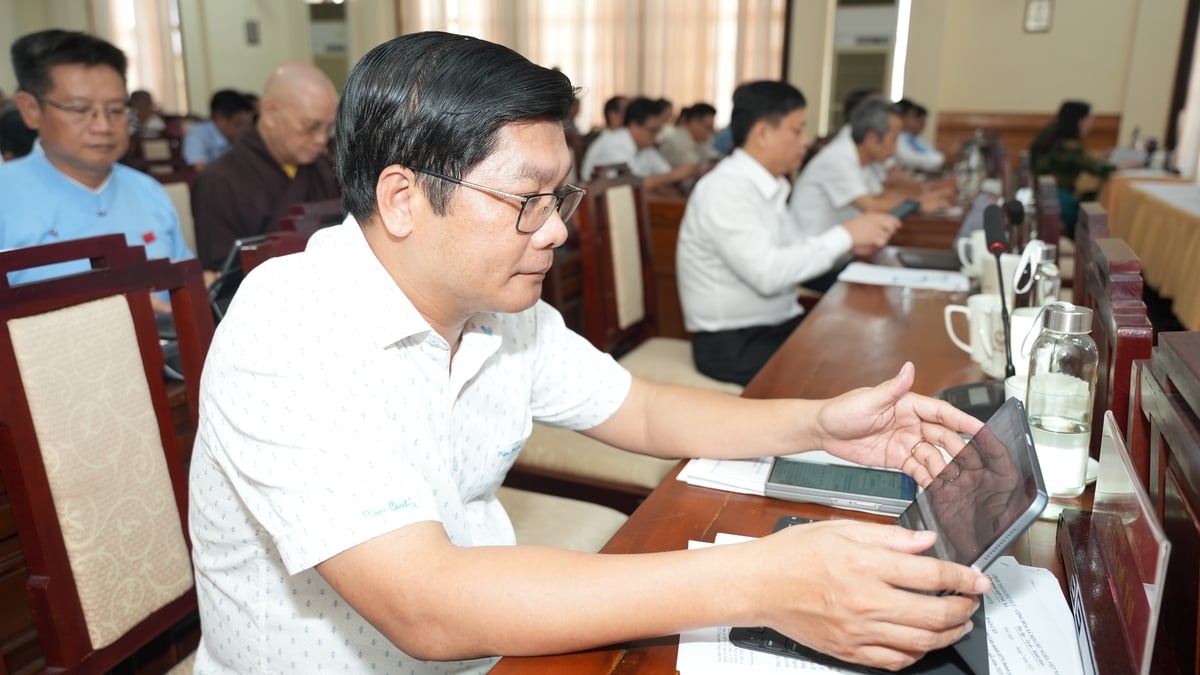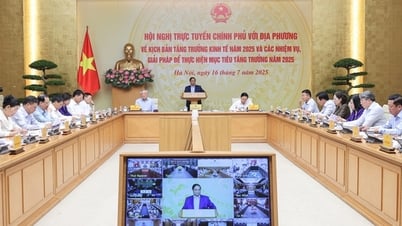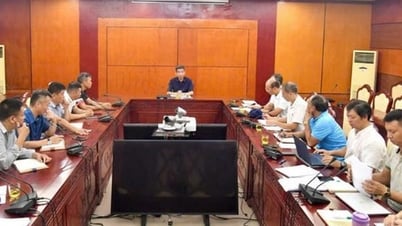In the wake of the energy crisis and geopolitical uncertainty, this document represents a comprehensive strategy that integrates economic, energy, climate and national security priorities. It is not just a roadmap for production, but a statement of how Norway will adapt, lead and compete in a world that is changing dramatically in terms of geo-economics and geo-politics.
Norwegian Industry: Solid Foundations Amid Global Turmoil
Minister of Trade and Industry Cecilie Myrseth said that Norwegian industry, which accounts for around 11% of total private sector revenue, had achieved record growth in 2024 and is forecast to continue expanding in 2025. However, she also frankly acknowledged that new global challenges – from supply chain disruptions, digital competition to low-carbon requirements – are requiring a long-term restructuring strategy.
Norway is a key player in the European energy system, supplying 30% of the gas to the EU and UK, and producing more than 40% of all primary aluminium in the EU/EEA – a key material in the production of electric vehicles, wind turbines and renewable energy.
The White Paper also makes clear the strategic link between Norway’s domestic policy and key EU industrial initiatives, such as the Green Deal Industrial Plan or the Strategic Raw Materials Act. However, it also reflects Norway’s uniqueness: a country with a long industrial tradition, electrified early and almost entirely powered by renewable energy for more than a century.
Six pillars of industrial strategy
The White Paper 2025 identifies six core priorities that will shape the future of Norwegian industry:
- Ensuring access to clean and competitive energy: Emphasizing the role of hydropower, offshore wind and green hydrogen as strategic energy platforms.
- Developing a high-quality workforce: Promoting dual apprenticeship models, improving digital skills and ensuring a fair and safe working environment.
- Accelerate innovation and technology: Invest heavily in R&D, linking research institutes and businesses in areas such as artificial intelligence, automation, new materials and energy storage technology.
- Emission reduction and low carbon production: Making Norway a leader in carbon efficiency in heavy industry through CO₂ capture systems (CCS) and circular production models.
- Expanding international market access: Leveraging free trade agreements (including EFTA and EEA) to expand strategic supply chains and access high-growth markets.
- Supporting national security and emergency response capabilities: Linking industrial policy to national contingency strategies and supply chain resilience.
The strategic partnership model: The state is not only a regulator, but a co-creator
A key feature of the new policy thinking is the redefinition of the role of the state: not just as a regulator, but as a strategic partner in co-creating a stable and predictable investment environment. The White Paper emphasizes the tripartite model of cooperation between the state, business and organized labor, which has provided a stable foundation for Norway’s growth for decades.
The Government is committed to providing clear policy frameworks, simplifying administrative procedures, reducing legal barriers, and co-funding innovation initiatives through public-private funds.
Manifesto for the 21st century: Norwegian industry – sustainable, green and resilient
Norway's Industry White Paper 2025 is more than just a policy document – it is a new industrial policy manifesto, carrying the promise of repositioning the Nordic country as a low-carbon, highly innovative manufacturing hub in the wider European economic space.
At a time when global economies are competing fiercely to dominate strategic value chains – from energy to high-tech – Norway’s proactive, flexible and socially-value-driven approach can serve as a model for next-generation industry: modern, green and responsible.
Cooperation opportunities for Vietnamese enterprises in the context of Norway's supply chain restructuring
Norway's reshaping of its industrial policy towards green, innovative and flexible not only expands space for domestic investment, but also creates significant cooperation opportunities for Vietnamese businesses, especially in the context of the global supply chain being strongly restructured after the pandemic, energy crisis and geopolitical tensions.
Although not an EU member, Norway is a member of the European Economic Area (EEA), applying most of the EU's technical standards, environmental, labor and trade regulations. Therefore, Vietnamese enterprises with experience exporting to the EU market can take advantage of existing capabilities in product quality, traceability, and compliance with sustainability standards to access the Norwegian market.
Potential areas of cooperation include:
• Processing and supplying auxiliary components for high-tech industries, renewable energy, precision mechanics and marine industries;
• Cooperate on innovation projects, especially products and technologies that have the potential to reduce emissions or recycle materials;
• Training technical human resources through professional cooperation models, transfer of advanced production skills or technical internships;
• Participate in research and development programs, technological innovation co-sponsored with Norwegian research institutes, innovation centers or businesses.
Norway's proactive promotion of the public-private partnership model and tripartite linkage (state - enterprise - labor organization) also opens up opportunities for Vietnamese enterprises to not only export products, but also become partners in the expanding industrial value chain of Norway and the EEA region.
Source: https://moit.gov.vn/tin-tuc/thi-truong-nuoc-ngoai/na-uy-cong-bo-sach-trang-cong-nghiep-2025-dinh-hinh-lai-vi-the-trong-chuoi-gia-tri-chau-au-mo-rong.html
































































































Comment (0)